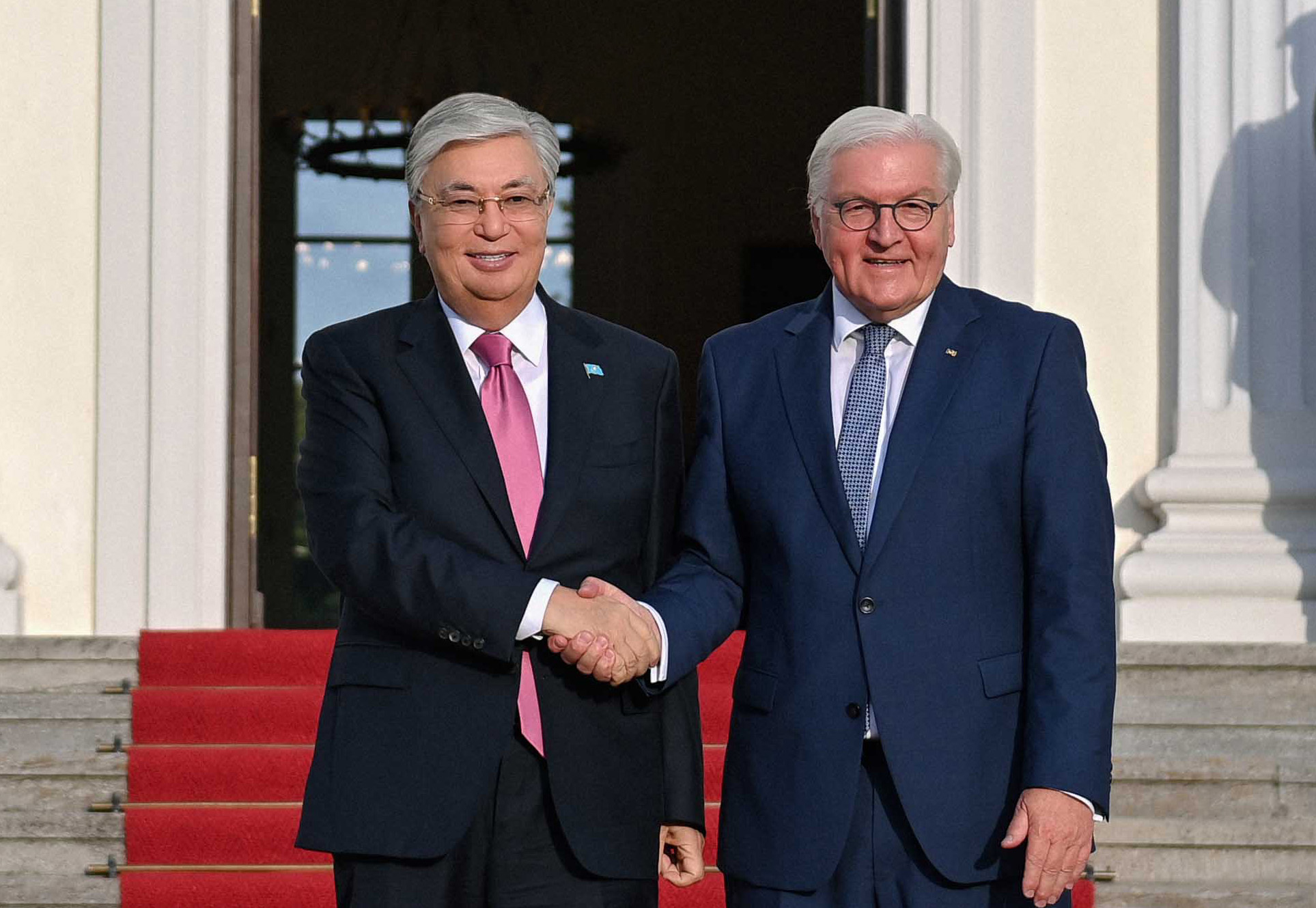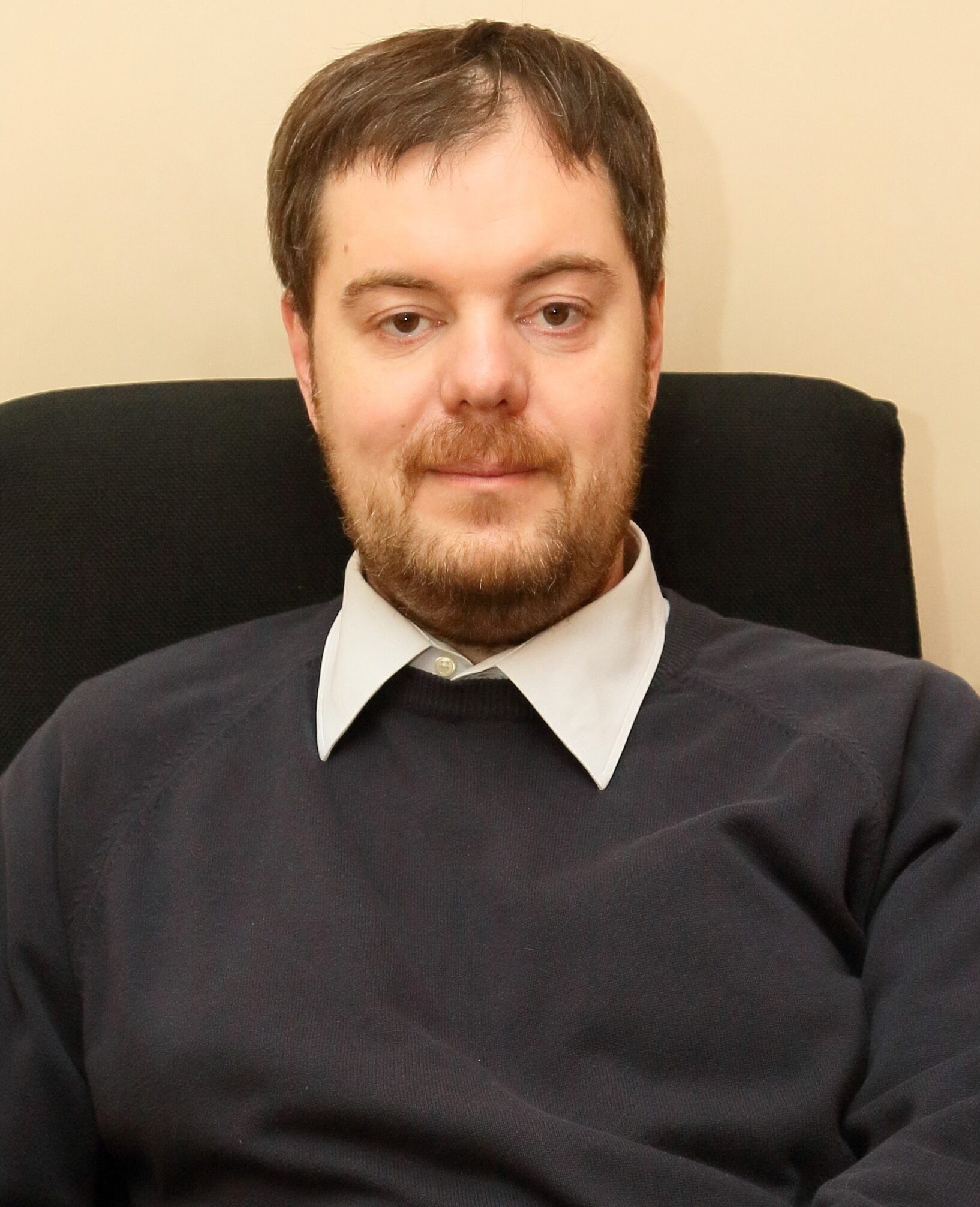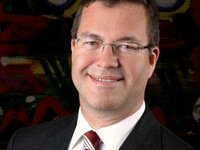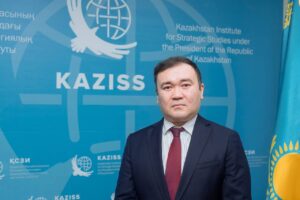ASTANA – President Kassym-Jomart Tokayev concluded his official visit to Germany on Sept. 29. This visit, aimed at bolstering bilateral relations and exploring opportunities for collaboration in various sectors, underscores the growing importance of Kazakhstan as a key player in Central Asia and its commitment to fostering ties with European partners.

Tokayev and Scholz. Photo credit: akorda.kz.
President Tokayev’s visit carries broader implications for Kazakhstan, particularly regarding its cooperation with the European Union (EU). The timing of President Tokayev’s visit is also noteworthy, given the shifting geopolitical landscape in Central Asia.
The visit took place just a few months after German President Steinmeier was in Kazakhstan and marked the third one for President Tokayev in the past four years.
One of the key highlights of President Tokayev’s itinerary included meetings with German Chancellor Olaf Scholz and President Frank-Walter Steinmeier. These high-level discussions focused on deepening economic ties, expanding trade relations, and enhancing cooperation in various sectors, including technology, energy and education. The leaders expressed their commitment to exploring new avenues for partnership.
Strategic partnership
The two countries established diplomatic relations in February 1992. Following this, the German embassy opened in Almaty in December 1992. Shortly thereafter, in September 1993, Kazakhstan opened its embassy in Bonn, which relocated to Berlin in 1999.

Tokayev and Steinmeier. Photo credit: akorda.kz.
In 2022, the two countries celebrated 30 years of diplomatic ties, ushering in a new chapter in the bilateral partnership.
Addressing a joint press briefing with Olaf Scholz on Sept. 28, Tokayev said Germany is a “strategic partner” of Kazakhstan in the EU, particularly in terms of trade, economy and investment. He said Kazakhstan attaches “exceptional importance” to strengthening bilateral cooperation.
Bekzhan Sadykov, head of the European and American Studies Department at the Kazakhstan Institute of Strategic Studies, describes Germany as the “leading locomotive of the EU economy.”
“Developing relations with this country has always been one of the central foreign policy priorities of our country in the European domain for over 30 years,” said Sadykov.
In a post on social media, Sholz identified Kazakhstan as the “most important trading partner in Central Asia” for Germany. Kazakhstan accounts for 85% of the total volume of German trade with Central Asian countries.

Andrei Chebotarev is the director of the Alternativa Center for Current Research. Photo credit: spp.almau.edu.kz.
Kazakhstan’s reforms lay a solid foundation
“We want to further improve the conditions for more trade and investment. We welcome and support the reforms that have been initiated in Kazakhstan,” wrote Scholz.
Kazakh political expert Andrei Chebotarev stressed that the recognition of Kazakhstan’s reform process sends a “serious message” that the nation has chosen the right vector for its development.

Peter Tils has been CEO for Central Europe at Deutsche Bank. Photo credit: eurodialogue.org.
The bilateral cooperation benefits from Kazakhstan’s reforms, said Peter Tils, co-chairman of the Berlin Eurasian Club, a platform for informal dialogue on issues of common interest for Kazakhstan, Germany, and other EU member states, involving senior officials, business leaders and professional expert communities.
“I think that a good foundation has been laid for the future cooperation of Kazakhstan with German companies, which today are strongly focused on the development of a green economy, as well as on the Kazakh industry, which can benefit from this,” he said.
Dynamic trade
According to the Ministry of Finance’s data, the volume of bilateral trade turnover reached $2.76 billion in 2022, with exports amounting to $532.7 million and imports standing at $2.23 billion. In the first seven months of 2023, trade volume made up $2.05 billion, with exports totaling $305.5 million and imports reaching $1.75 billion.
According to the Federal Statistical Office of Germany, which has an alternative calculation methodology, trade turnover in 2022 reached 9.8 billion euros ($10.3 billion). German exports reached 2.8 billion euros ($2.9 billion), and imports were 4.2 billion euros ($4.4 billion).
Germany largely imports hydrocarbons, ferroalloys, hydrogen, inert gasses, silver, and copper. Kazakhstan imports medicines, agricultural equipment, instruments and devices used in medicine, cars, equipment and mechanical devices for special purposes.
Germany emerged as a significant investor in the Kazakh economy, primarily due to the nature of its investments. More than 90% of their investments are channeled into non-resource sectors, an area Kazakhstan has been diligently nurturing for the preceding decade.
Investment steadily rising
According to the National Bank of Kazakhstan, the gross inflow of direct investment from Germany to Kazakhstan from 2005 to 2022 hit $5.8 billion. In 2022 alone, the volume of German investments in Kazakhstan reached $469.5 million. Despite the pandemic in 2019, German companies invested $332.8 million in the country.
Much of this effort is stimulated by the intergovernmental working group on trade and economic cooperation, the Kazakh-German Business Council, the Berlin Eurasian Club, and the working group on strengthening cooperation in investment.
Tokayev and Scholz agreed to improve conditions for trade and investment. The Kazakh leader stressed that there is both the political will and huge economic potential for this.
“As we have stated, in the current circumstances, Kazakhstan and Germany should take the most pragmatic approach to the implementation of new investment projects to ensure sustainable development of our countries,” said Tokayev.
On the sidelines of Tokayev’s visit, the Kazakh officials also met with German companies, who expressed keen interest in investing in agriculture, healthcare and engineering sectors.
Energy cooperation central to the agenda
Energy cooperation is a crucial aspect of the Kazakh-German partnership. Addressing the press conference after the talks with Olaf Scholz, Tokayev said Kazakhstan is ready to increase its oil supplies to Germany.

Bekzhan Sadykov. Photo credit: KazISS.
The nation supplies oil to the German market via the Druzhba pipeline, which originates in Russia and extends to various destinations in Europe. Since the beginning of 2023, Kazakhstan has sent 500,000 tons of oil to Germany.
“Kazakh oil, on the one hand, is not a panacea for the German energy system, but on the other hand, it plays a critical role in ensuring the diversification of supplies of black gold,” said Bekzhan Sadykov.
Scholz characterized Kazakhstan as a vital partner in expanding Germany’s supply routes, such as through the import of crude oil, with the aim of reducing its reliance on energy deliveries from Russia.
Kazakhstan, a Central Asian giant with vast energy reserves, has emerged as a key player in the global energy market. The nation is blessed with abundant reserves of oil, natural gas, and renewable energy potential, making it an attractive partner for energy-hungry economies, including Germany.
It is a win-win partnership, reflecting a synergy of resources and expertise. Germany, on the other hand, is renowned for its technological prowess and commitment to transitioning to a low-carbon energy future.
Green hydrogen cooperation
A green hydrogen plant in the Mangystau Region in western Kazakhstan, established by Svevind, a German-Swedish company, is a strategic project in the energy cooperation between the two nations. The arid landscape, abundant sunlight, and access to renewable energy sources make the region a prime candidate for green hydrogen production.
The investment deal was signed during European Council President Charles Michel’s visit to Kazakhstan in October 2022.
A wind-solar-hydrogen facility is poised to generate an annual output of approximately two million tons of green hydrogen or 11 million tons of green ammonia. This is expected to cover at least one-fifth of EU domestic needs.
According to expert estimates, the cost of the project may reach up to $50 billion. However, the exact cost will only be clear once all studies are completed.
The Green Hydrogen Diplomacy Office has been established in Astana to support the training of qualified professionals in this field. The initiative was first announced during German Federal Foreign Minister Annalena Baerbock’s visit to the capital in October 2022.
Kazakhstan is also ready to be a reliable partner in supplying natural resources and critical raw materials. According to Tokayev, the global demand for critical materials and rare earth metals, which Kazakhstan has in abundance, is expected to quadruple by 2040.
Tokayev proposed to set up a consortium for the implementation of joint raw materials projects. He also invited German companies to explore the opportunities in this sector in Kazakhstan, where, according to the World Bank estimates, there are over 5,000 unexplored deposits still present in the country valued at over $46 trillion.
Commitment to Middle Corridor
The development of the Trans-Caspian International Transport Route (TITR), also known as the Middle Corridor, has been on the agenda of both Tokayev’s high-level meetings and the meeting between Central Asian and German leaders in the C5+1 format.
This crucial trade corridor connecting China to Europe, which traverses through Kazakhstan and the Caspian Sea, has garnered significant attention.
The current throughput capacity of the TITR is six million tons per year, including 80,000 twenty-foot equivalent units.
In the first eight months of 2023, cargo transportation volumes increased by an impressive 85% to 1.74 million tons. As of the end of 2022, the figure stood at 1.67 million tons.
Transportation time along the route has been reduced from 38-53 days last year to 19-23 days. The goal is to reduce the delivery time to 14-18 days, including five days traversing through Kazakhstan.
President Tokayev went a step further by suggesting the integration of the Trans-Caspian route with the Trans-European Transport Network and the EU’s Global Gateway initiative.
Bekzhan Sadykov recognizes the substantial relevance of this route in fostering cooperation between Europe and Asia, aligning with ambitions for a low-carbon future.
“Given the evolving dynamics of the hydrogen energy sector and the transformation occurring within the network transportation infrastructure in Europe, the Middle Corridor has the potential to become a green route along which the implementation of anchor investment projects is possible,” said the Kazakh expert.
Significantly, the Kazakh Ministry of Energy signed a memorandum of understanding with Siemens Energy, which delineates the prospects for the company’s participation in major energy initiatives and campaigns aimed at curtailing carbon emissions within Kazakhstan. Siemens Energy also plans to modernize Kazakhstan’s power grids.

